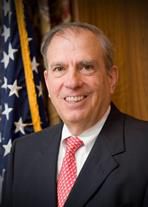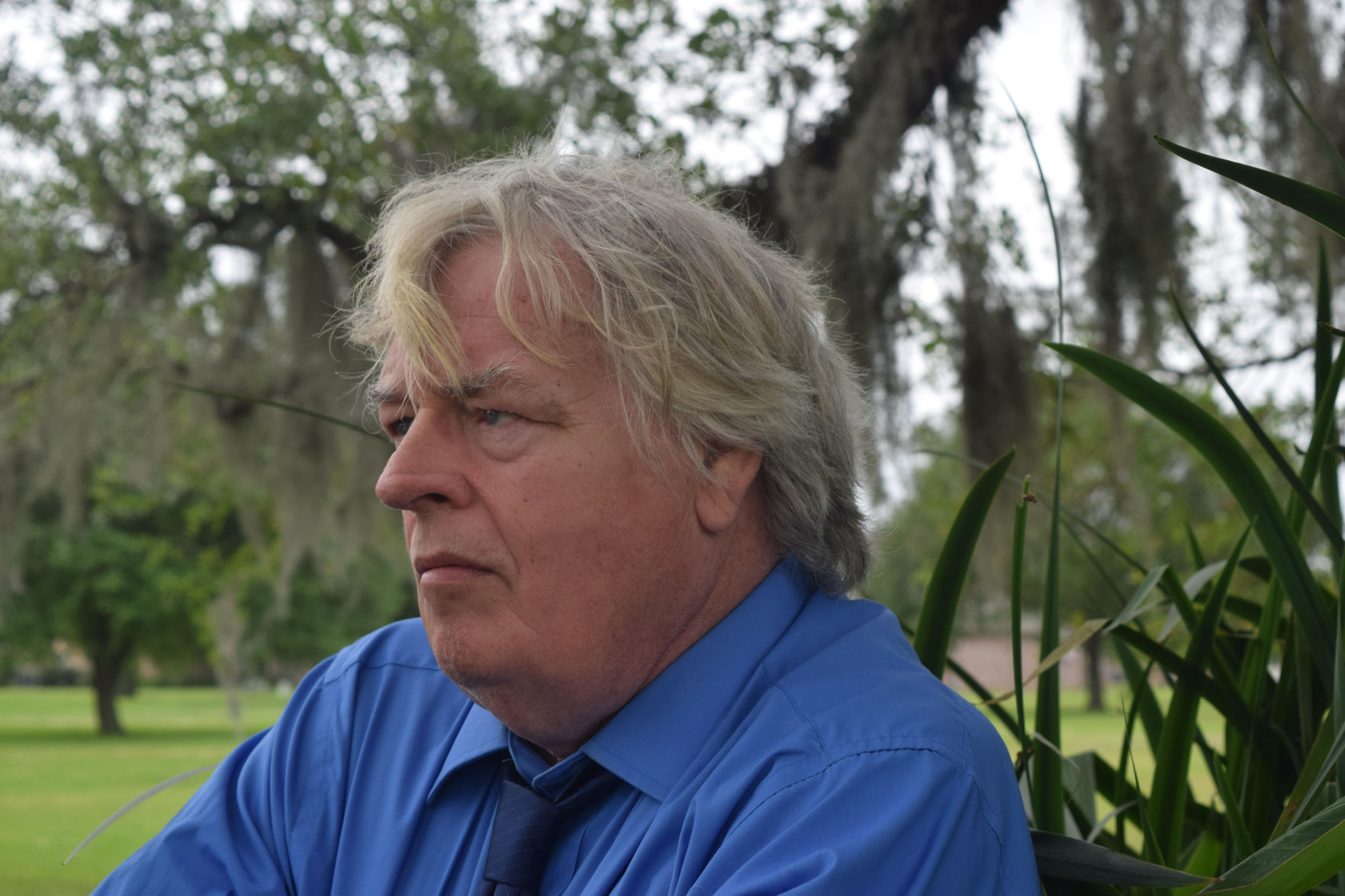Winter storm readiness is needed
December 13, 2017
Baton Rouge judge mourned: U.S. District Judge James J. Brady penned NAACP voting rights decision
December 13, 2017It is said that the ladder of the law has no top and no bottom, and one of the places where this should be made most clear is where disputes involving questions of federal law are played out, which is of course in the federal courts.
If you have never been to a proceeding in a federal courthouse you would be well-advised, at least once, to do so. As with all other courts, those presented in the federal courthouses are open to the public with very rare exceptions.
Over my career I have covered courts in six states, and covered federal proceedings in most of those. Whether by pure coincidence or by design, there is an air of dignity and purpose that emanates from the walls in federal courthouses. The mood is somber and compels one to whisper without ever being shushed.
A trip to federal court is a reminder of the very roots of the system, because the seal of the court is the seal of the United States. When jurisprudence first began it was a matter of a king or his representative hearing disputes between neighbors. Because the king was considered wise and just he was empowered to hear these disputes, and his decision on how they should be resolved was law.
Federal judges are appointed for life, and so should be of the finest caliber that can be culled from the bar, the cream of the crop. This is one reason why so many people — Republicans as well as Democrats I might note — are alarmed by recent recommendations to the federal bench made by President Donald Trump. Some — not all — have come with low scores from the American Bar Association, with questions about experience and ability.
The president has managed to fill a number of federal court vacancies with little stir. One bench he will not be filling is the one most recently occupied by the late James J. Brady in the Middle District of Louisiana. Judge Brady passed away this past weekend. Because he was the Middle District’s senior judge status — that of an emeritus — he will not be replaced. Another judge may rise to the senior level at a later point, at which time his or her bench will be filled by Trump or some other president. But until then the position will not exist.
I had the privilege of watching Judge Brady at work this past year, as he presided over Terrebonne Branch of the NAACP vs. Piyush “Bobby” Jindal et al. Judge Brady agreed with the NAACP position that the use of at-large voting methods to elect judges in Terrebonne Parish violates Section 2 of the U.S. Voting Rights Act. The at-large scheme, Judge Brady ruled, results in diluted votes for black people in Terrebonne, who will never be able to elect a judge of their choice, statistically speaking. The judge’s ruling now must be put into action, which is the phase the case is in now, and another judge will supervise how this is done, in accordance with applicable law.
During the trial Judge Brady did not hide when the actions of some attorneys annoyed him, but he still showed patience, even kindness. During appearances in court by Terrebonne Parish’s current state judges he evinced respect and courtesy, as he did with all other witnesses. In his decision on the case Judge Brady could have expounded on the injustices he determined but did not. He did not grandstand. He stated the facts as he interpreted them, which is all one can ask from a judge.
In the midst of such a grave matter before the court I had cause to chuckle when, for the March 17 session, he wore a robe of green.
Talking with court employees during my visits to Baton Rouge for the trial, I was struck by the respect they had for this judge. Learning of his passing this weekend I was somewhat relieved by news that no decision will have to be made as to replacing him. The partisan rancor that has accompanied some other judicial nominations will not, thankfully, tarnish what appears to be a legacy of honor on the bench.






